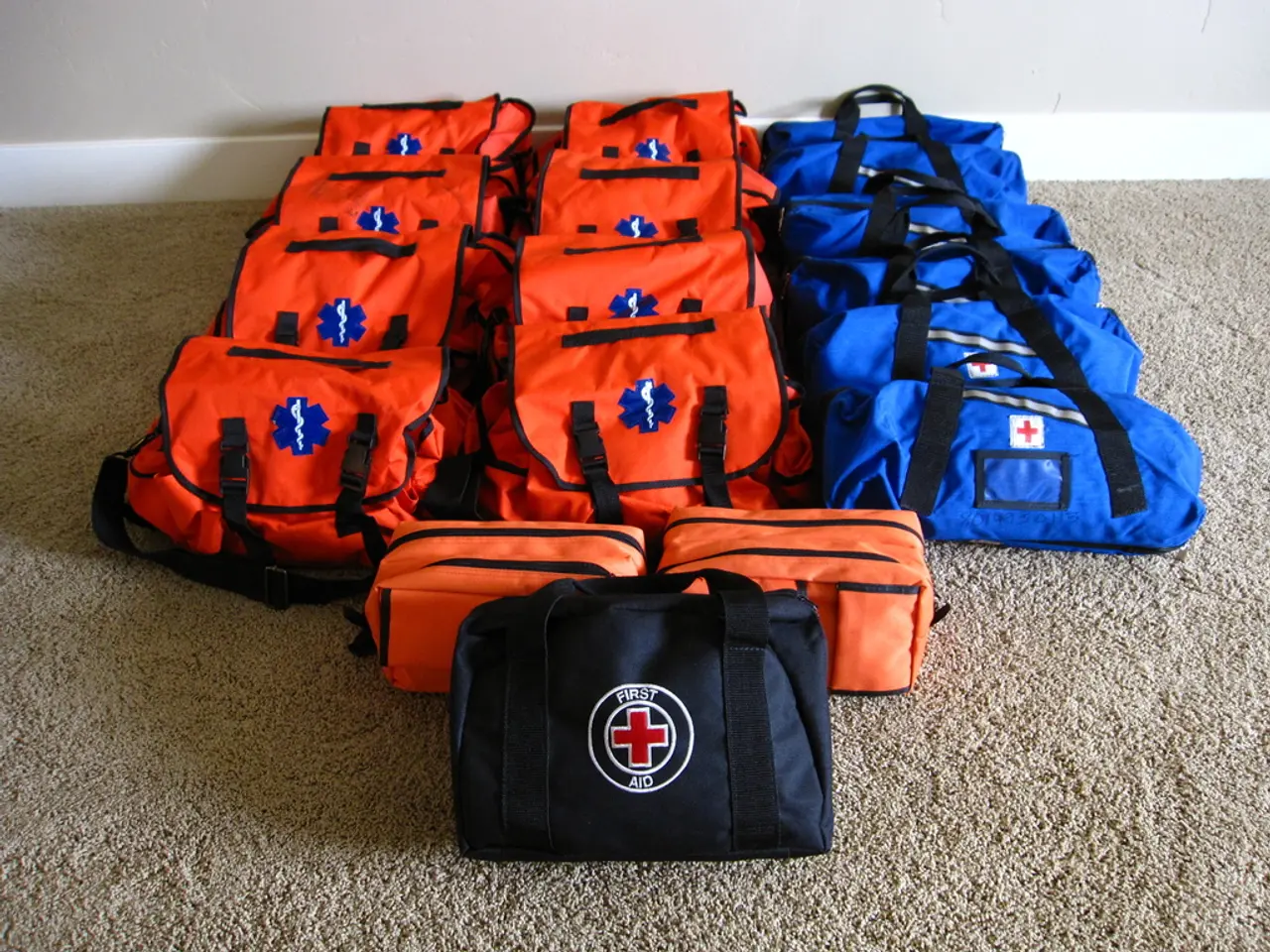Early detection of heart failure receives a significant boost with Ultromics' $55M funding to expand operations.
In a significant development for the field of cardiology, Ultromics, a leading company specializing in AI-driven diagnostics solutions, has successfully raised $55 million through its Series C funding round. The funding round was co-led by L&G, Allegis Capital, and Lightrock, with continued support from Oxford Science Enterprises, GV, Blue Venture Fund, and Oxford University. Major US health systems, including University of Chicago Medicine and UPMC Enterprises, also participated in the funding round.
Ultromics' flagship product, the EchoGo platform, leverages artificial intelligence to analyze echocardiographic images with high accuracy, automating routine measurements and uncovering subtle disease-specific patterns that human clinicians may miss. This capability is crucial for diagnosing Heart Failure with Preserved Ejection Fraction (HFpEF), a condition traditionally difficult to detect because of its preserved ejection fraction despite heart dysfunction. AI models help by identifying nuanced myocardial changes and phenogroups beyond conventional classifications, enabling earlier and more reliable patient stratification and management.
Regarding cardiac amyloidosis, AI algorithms are applied to ECG waveforms and echocardiographic data to flag characteristic abnormalities indicative of amyloid infiltration. Studies have shown that AI improves screening performance by integrating multiple data types and refining criteria for case selection, leading to better identification of this underdiagnosed yet serious disease.
In a statement, Victor Westerlind, Managing Director at Allegis Capital, mentioned that Ultromics is closing a long-standing blind spot in cardiology by making it easier for physicians to identify high-risk patients earlier. Umur Hursever, Partner at Lightrock, stated that Ultromics' AI-driven technology is making a real-world impact in improving diagnostic accuracy, supporting clinical decisions, and expanding access to specialist care.
The funding will be used to expand Ultromics' presence across the US and other key markets, bringing its AI-enhanced diagnostics to hospitals and echo labs with high volumes of at-risk patients. The company's diagnostic model for cardiac amyloidosis, validated in a global study of 18 institutions, outperformed current clinical risk scores while distinguishing disease from similar conditions.
The use of Ultromics' EchoGo platform is now Medicare-reimbursed, both for outpatient and inpatient settings. This reimbursement strengthens its foundation for scaled adoption across USA hospitals. EchoGo is fully reimbursed under the USA's Medicare program, making it scalable across hospitals, clinics, and health systems nationwide.
In late 2024, Ultromics received FDA Breakthrough Device clearance for EchoGo Amyloidosis. In clinical studies, EchoGo improved the detection of HFpEF by 73.6% compared to standard clinical risk scores. When paired with the latest treatment advances, Ultromics' diagnostic approach is expected to help save lives.
As AI continues to revolutionize various industries, its impact on cardiology is becoming increasingly evident. Platforms like Ultromics' EchoGo represent a pivotal shift in cardiology diagnostics by delivering automated, highly accurate analysis of echocardiograms and other cardiac imaging, improving detection of HFpEF and cardiac amyloidosis, accelerating clinical workflows, and enabling targeted patient care strategies based on detailed phenotyping and risk profiling.





